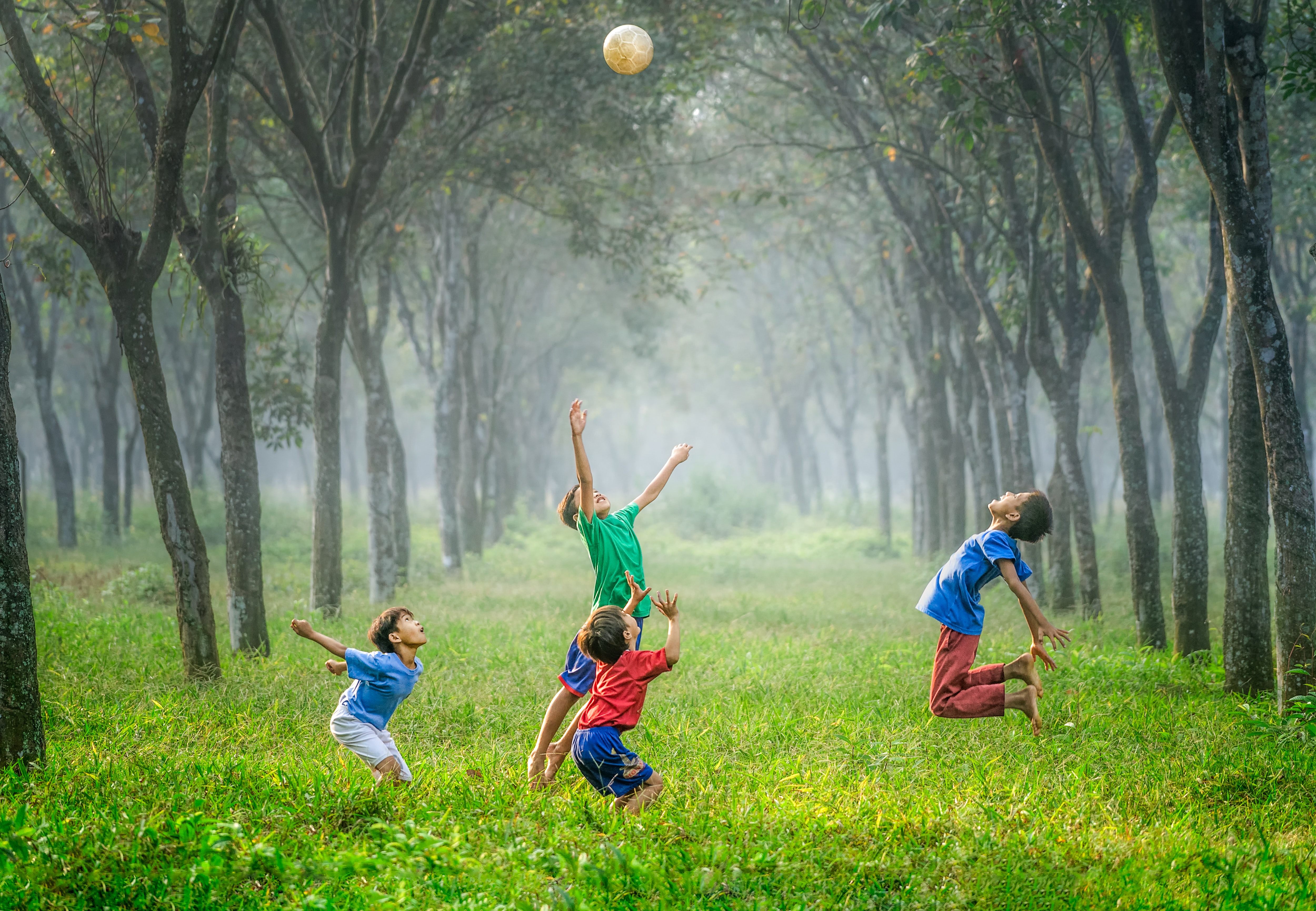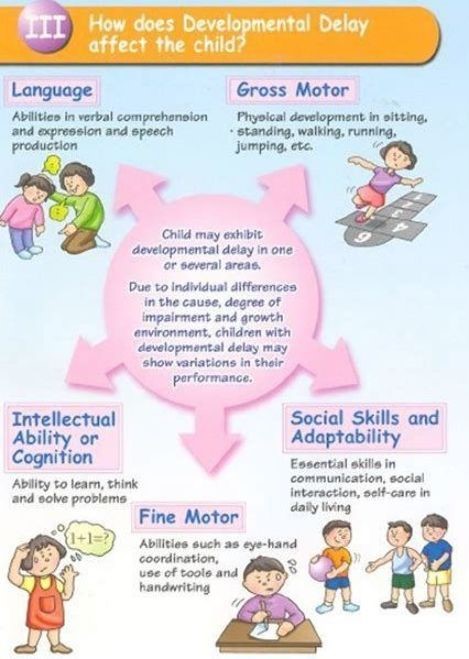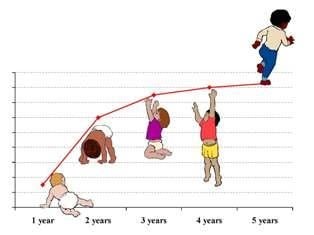
Children are perceived to be healthy and a lot of this stems from our memories of how strong and active we were as kids. However, in recent years, the overall health and well-being of children has been a source of concern. More than 27.5 million American kids need regular medical attention, for ailments ranging from allergies to genetic disorders. In fact, 43% of all children suffer from at least one chronic health condition.

Image Source: https://in.pinterest.com/pin/667869819732239188/
Both nutrition and physical activity are important for the growth and development of children, and to protect them from illnesses. Among the wide range of nutrients kids need, protein plays a key role in their growth. Here’s a look at the benefits of eating protein for kids.
Protein is made up of 20 amino acids, of which only 11 can be produced by the body. The other 9 need to come from food. The protein requirements for children depend on the quality of protein and how easily digestible it is. Animal proteins are considered as “complete” proteins as they not only include all the essential amino acids, but are digestible. While milk, eggs and meats are good sources of protein, parents are recommended to include chicken in a child’s diet. Dishes like grilled chicken are particularly healthy, as they contain solid protein. For instance, a 3-ounce chicken breast provides 25 grams of protein.

Image source: https://skinnychef.com/food-nutrition-health/protein
Proteins are known as the building blocks for the healthy growth and development of a child. This is because they:
#1 - Build muscles: Protein promotes muscle growth in the body. It not only increases muscle mass, but also strength. This will become increasingly important as your child grows and begins performing more physically challenging activities.
#2 - Aid in the growth of new cells: Proteins help with repair and regeneration by assisting the body to create new cells. They also aid in the regeneration of tissue, blood replenishment and the growth of hair and nails. Children are more susceptible to cuts, scrapes and bruises. Proteins help the body to heal wounds and recover from injury faster.

Image Source: https://www.who.int/tools/child-growth-standards
#3 - Boost metabolism: Enzymes create chemical reactions in the body, which assist in various functions, including digestion. Enzymes in our body are made up of protein and the healthier they are, the faster is our metabolism. A faster metabolism supports the smooth functioning of the body’s major organs, like the brain, heart, liver, and kidneys.
#4 – Ensure better energy levels: One gram of protein contains four calories, which is identical to what a gram of carbs contains. Although protein is not the body’s preferred source of fuel, it can store this for performing strenuous activities. Most importantly, proteins carry vitamins, minerals, and oxygen throughout the body. Eating enough proteins is essential for your body to be supplied with all the energy it needs. Some proteins can also store energy.
#5 - Strengthen immunity: Proteins help in making antibodies to help your body fight infection.
#6 - Good for blood: Proteins help in producing hemoglobin, which makes the blood healthier and helps carry oxygen to all parts of the body.
Ensuring that your little one has the recommended protein intake not only ensures a healthy childhood, but also lays a strong foundation for good health throughout his/her life.